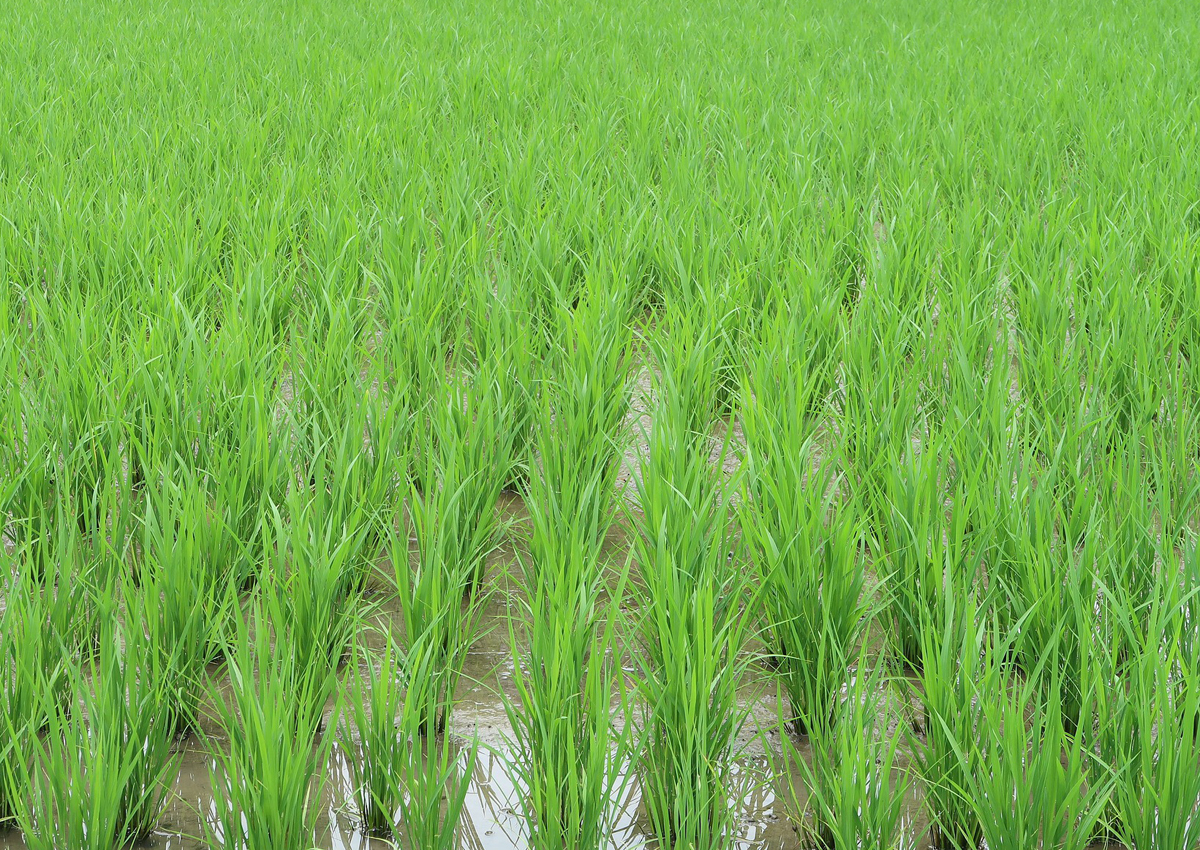
Rice Breeding Breakthrough Could Help Feed Billions
January 18, 2023| |
An international research team has successfully propagated a commercial hybrid rice variety as a clone through seeds with 95 percent efficiency. According to the team, this could lower the cost of hybrid rice seeds and make high-yielding, disease resistant rice varieties available to low-income farmers worldwide.
Rice, the staple crop for half of the global population, is costly to breed as a hybrid for a yield improvement of about 10 percent. One of the solutions to this would be to propagate hybrids as clones that would remain identical from generation to generation without further breeding. Many wild plants can produce seeds that are clones of themselves, a process called apomixis. However, transferring apomixis to a major crop plant has proved difficult to achieve. In 2019, a team at the University of California Davis (UC Davis) led by Professor Venkatesan Sundaresan and Assistant Professor Imtiyaz Khanday achieved apomixis in rice plants, with about 30 percent of seeds being clones. Sundaresan, Khanday, and colleagues in France, Germany, and Ghana have now achieved a clonal efficiency of 95 percent, using a commercial hybrid rice variety. The team also showed that the process could be sustained for at least three generations.
The single-step process modifies three genes called MiMe, which cause the plant to switch from meiosis to mitosis. Another gene modification induces apomixis, and resulting in a seed that grows into a plant genetically identical to its parent. “Apomixis in crop plants has been the target of worldwide research for over 30 years, because it can make hybrid seed production accessible to everyone,” Sundaresan said. He also noted that the increase in yields can help meet the global needs of an increasing population without having to increase land, water, and fertilizer use.
For more details, read the article on the UC Davis website.
| |
You might also like:
- Agriculture Startup to Grow Rice in the Ocean Using CRISPR
- Research Team Discovers Strategy to Make Plants More Salt Tolerant
- Meta-analysis Detect Candidate Rice Genes Involved in Salt Tolerance
Biotech Updates is a weekly newsletter of ISAAA, a not-for-profit organization. It is distributed for free to over 22,000 subscribers worldwide to inform them about the key developments in biosciences, especially in biotechnology. Your support will help us in our mission to feed the world with knowledge. You can help by donating as little as $10.
-
See more articles:
-
News from Around the World
- Nations Tackle Strategies in Transforming Agrifood Systems
- Rice Breeding Breakthrough Could Help Feed Billions
- China Develops High Dual Herbicide Tolerant Maize
- Yuan Longping Hi-Tech's GM Corn and Soybean Receive Biosafety Certificates
- China Approves 8 New GM Crops; Renews Approvals for 2 More
- B-SAFE Webinar Series: Biotechnology Applications and Impact on the Philippine Livestock Industry
- Research Finds GM Rice Key to Tackling Food Shortages Caused by Climate Change
-
Research Highlights
- Bt Rice in China Unlikely to Increase Unintended Ecological Risk
-
Read the latest: - Biotech Updates (January 21, 2026)
- Gene Editing Supplement (January 28, 2026)
- Gene Drive Supplement (February 22, 2023)
-
Subscribe to BU: - Share
- Tweet

